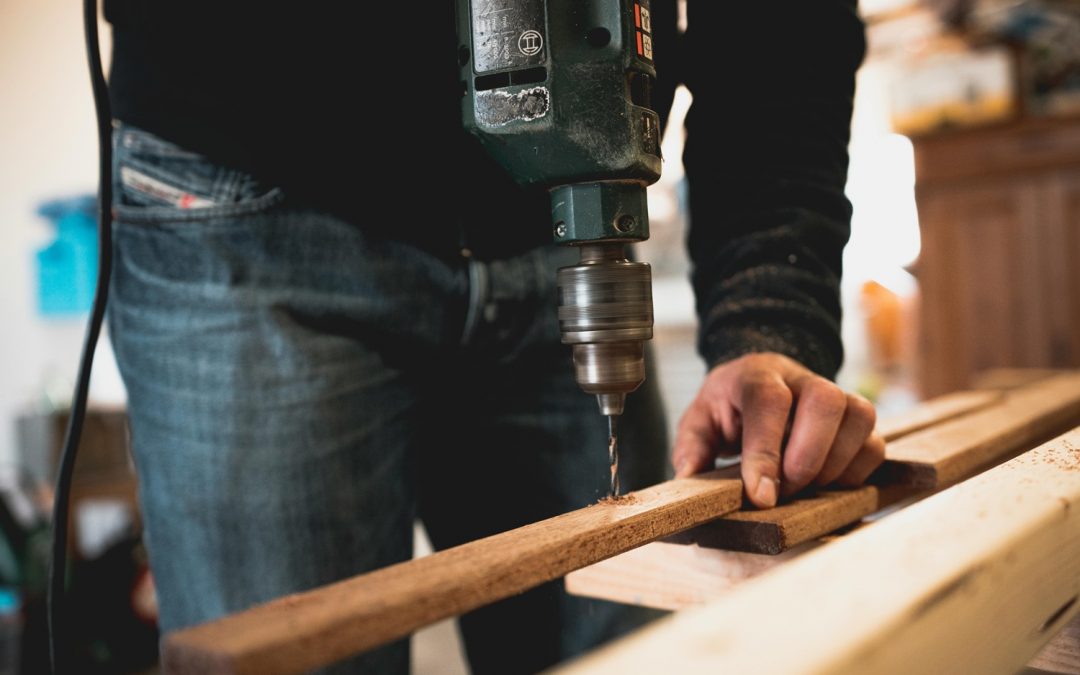Many homeowners look for ways to increase their living space without moving house. Converting an existing garage or loft into a usable room is a popular and cost-effective way to add valuable square footage. But how do you decide between converting your garage or your loft? Here are some key factors to consider when choosing the best home extension option for your needs and budget.
Space and Layout
Take measurements of your garage and loft to determine which offers the most usable floor area. Consider the layout – a garage conversion may allow for an open-plan extension flowing naturally from your ground floor. A loft conversion gives you additional upstairs space, but the layout may be restricted by the roof pitch.
Think about how each would function as a room and complement your existing floor plan.
Planning Permission
Most loft conversions in the UK do not require planning permission if they are within certain size limits and do not involve altering the roof structure externally. Garage conversions usually need approval, unless the garage is already attached to the main house, in which case it will typically fall within permitted development. However, in all cases, it is best to check.
Building regulations apply to both. Be sure to consult your local council planning department before proceeding with any conversion work.
Costs
Converting a garage typically costs as little as £400 per square metre, while loft conversions average £2,000 per square metre. The higher cost of loft conversions reflects additional structural work and alterations usually needed to transform a loft into a room. Garage conversions may be cheaper, but can still require installing insulation, electrics, heating and plumbing. Consult a West Yorkshire garages conversion company like https://wygarageconversions.co.uk to learn more.
Disruption
A garage conversion usually causes minimal disruption to your home while the work is carried out. Loft conversions require installing a staircase, reinforcing floors, and lifting roof tiles which can generate noise, dust and debris in the home. If you need to continue living in the house during the conversion, a garage project may be less invasive.
Use of Space
Think about how you intend to use the new room – will it become a bedroom, home office, or playroom? Your ground floor garage space might lend itself better to a home gym or games room, while an upstairs loft room could make an ideal home cinema. Check that your chosen use aligns with local planning rules.
Resale Value
Both garage and loft conversions can potentially add value and make your property more appealing to future buyers. A converted loft or garage adds an average of 10-20% to your home’s value. Loft conversions may have a slight edge when it comes to resale as they add highly desirable upstairs living space.
Overall, the best option depends on your property, budget and needs. Take time to consider the pros and cons of converting your garage versus your loft. Get professional advice to ensure your chosen project is structurally sound. With the right planning, an extension can provide the extra living area you need whilst increasing your home’s value.
Photo by Thijs van der Weide: https://www.pexels.com/photo/man-holding-wooden-stick-while-drilling-hole-1094767/

Recent Comments